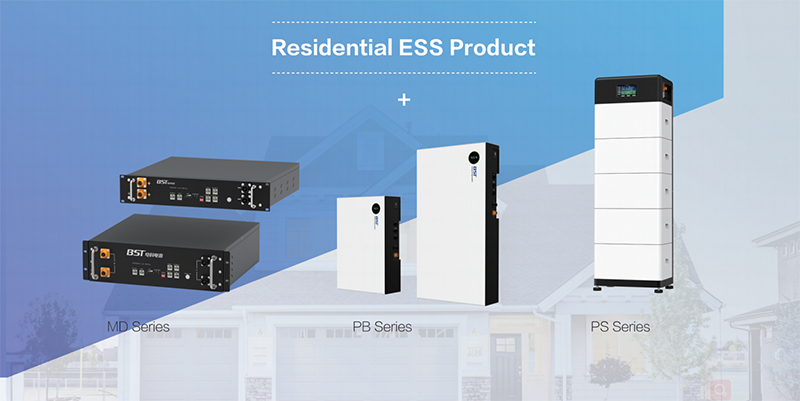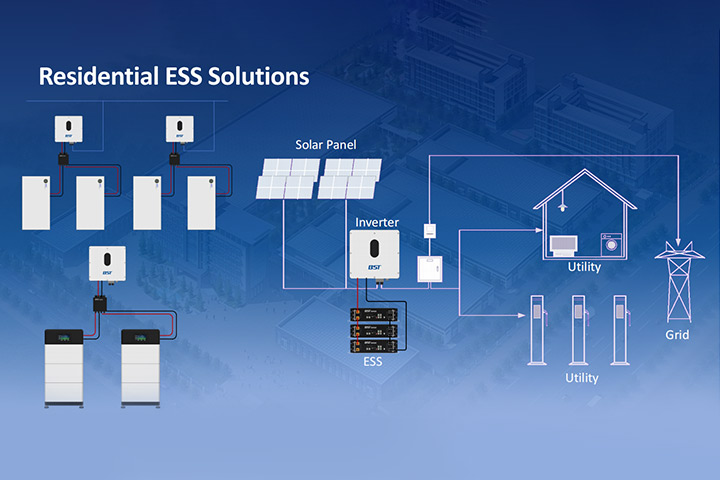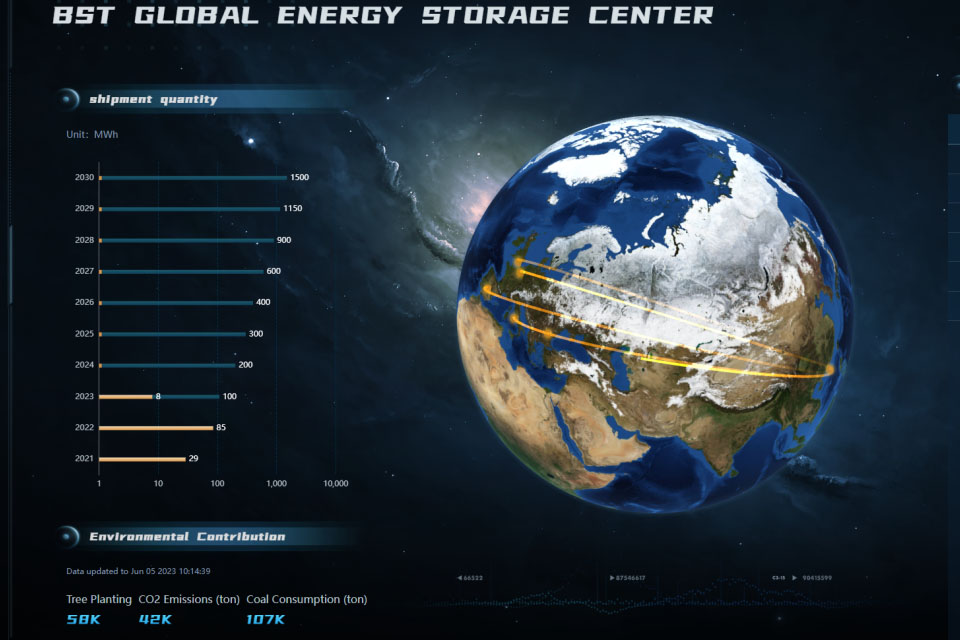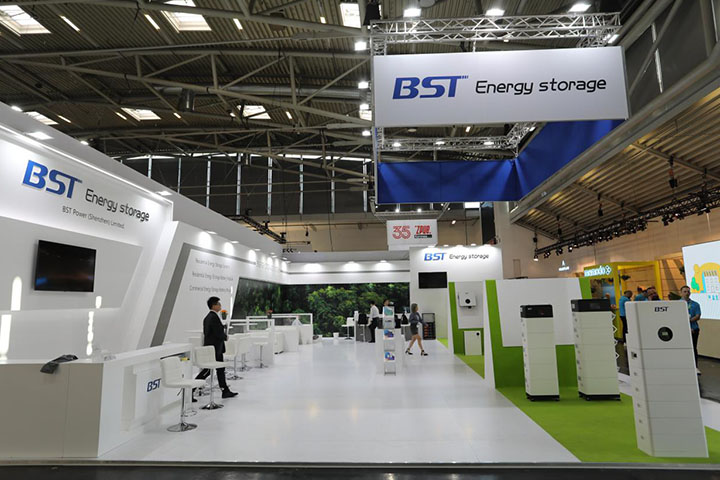
These days, homes are worried about skyrocketing electricity bills and sudden power outages. You can easily solve this with the right residential energy storage system.
Residential energy storage systems are great for enhancing your energy independence and reducing utility costs. According to recent statistics homes with energy storage systems can save up to 30% on electricity bills easily.
In the residential energy storage market, you will find a number of options available for you to choose from. However, you must pick the right system for your home. We will guide you through key factors to should consider when selecting the right system.
Why Choose A Residential Energy Storage System?
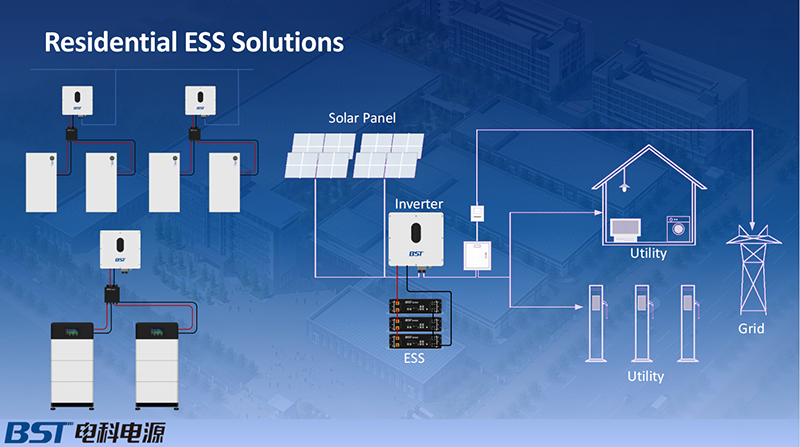
A residential energy storage system is a device for storing electricity for later use in your home. Typically, these systems consist of batteries that collect energy from solar panels or the grid.
With the energy stored, the system becomes an alternative home power supply. This allows you to use that stored energy during outages or when electricity prices are high. Additionally, energy storage systems contribute to a more energy-sustainable lifestyle.
With them, you can reduce your carbon footprint and promote the use of clean energy. Moreover, with your increasing energy demands, residential storage systems will help you achieve energy independence. Lastly, control of your electricity bills and your home power supply is guaranteed.
Factors to Consider When Choosing A Battery Energy Storage System
You can see it’s important to have a battery energy storage system in your home. Now, you plan to get one. Not so quick. There are factors you must consider so you can choose the right system. They are,
Battery Capacity
Right away, you should know that energy in battery energy storage systems is measured in kilowatt-hours (kWh). Before choosing a battery, determine how much energy can be stored in it. This will help you get a battery that meets your household energy needs.
Lifespan and Warranty
You can expect the lifespan of your battery storage system to range from 5 to 15 years. So, you are likely to change your battery once every 20-30 years. However, it’s best you look for warranties that cover both performance and defects. Nonetheless, the system will degrade over time.
Appearance
Some systems are designed to be visually unobtrusive. If you care about aesthetics, consider the placement of the battery and how it fits with your home’s aesthetics. With that, you can choose a battery that fits seamlessly with your home.
Grid Type
The battery must be compatible with your local grid type. Some batteries are designed for off-grid use. While others are optimized to be used with grids. Hence, if you have on-grid systems, it will be connected to the utility grid. Meanwhile, off-grid systems do not rely on grids.
Battery Voltage
The voltage of your battery determines its ability to power specific appliances in your home. Higher voltage systems are generally more efficient. So, the voltage should align with your energy requirements.
Cost of Maintenance
With long-term use, you will need maintenance for the battery. Some batteries require regular professional maintenance. You have to factor in long-term maintenance costs beyond the initial purchase and installation of the battery.
Installation Model
The batteries can be installed typically in two ways. The DIY installation model costs less to install, just follow the instruction manual. While professional installation type will cost more.
The Benefits of Choosing the Right Storage System
If you are interested in renewable energy systems, the benefits below are what you stand to enjoy after choosing the right storage system.
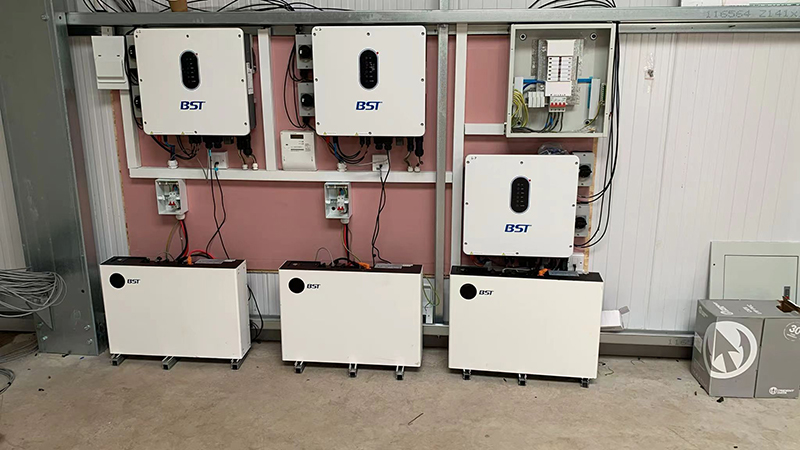
- You can become energy-independent. This reduces your reliance on the grid, especially during power outages and soaring electricity bills.
- You can save money on your electricity bills. Also, you can store energy when rates are low and use it during high-rate periods.
- With a battery energy storage system, you will maximize the use of solar or wind power by storing excess energy.
- You can also contribute to your grid stability by reducing strain during peak demand times.
- For home sellers, energy storage systems can enhance your home value and appeal to potential buyers.
- Probably the best reason is this. You can ensure critical appliances in your home remain operational during blackouts.
Types of Energy Storage Batteries
There are several types of battery energy storage systems in the market, each with unique features and benefits. Check them out to know which one suits you best.
1. Lead-acid Batteries
This is one of the oldest and most affordable options for you to get. Lead-acid batteries are reliable for short-term energy storage. They are best used for backup power in less frequent use scenarios. You should note that lead-acid batteries have a shorter lifespan if you plan to get a longer-lasting battery.
2. Lithium-ion Batteries
Great news because lithium-ion batteries have been proven to be the best for homes. These batteries have high energy density and a longer lifespan, making them great for homes.
Moreover, you can use them daily without fear. A bonus point is that they are excellent for daily cycling and solar energy storage. Importantly, they can be easily moved due to their lightweight and low-maintenance build.
3. Nickel-cadmium (NiCd) Batteries
Nickel-cadmium batteries are durable and can operate in extreme temperatures. If you have special appliances that other batteries can’t support in your home, NiCd batteries can be of use. The downside is that they have lower energy efficiency.
Unfortunately, the batteries are not environmentally friendly due to the toxic cadmium they contain. Generally, it’s advised not to use these batteries for residential applications due to cost and environmental factors.
4. Flow Batteries
Compared to the other batteries mentioned, flow batteries store energy in liquid electrolytes. The electrolytes flow between the two tanks to ensure the electrolytes are stored separately.
Flow batteries have a longer lifespan and can be used for large-scale storage. Still, the batteries are bulky for residential use and quite expensive upfront. So, if you have a budget, this battery shouldn’t be your first choice.
Final Verdicts
Picking the right home battery system isn’t just about tech specs. It’s dependent on powering your home on your terms. Imagine never worrying about blackouts again, watching your energy bills shrink, and knowing you’re doing your bit for the planet. All this is possible.
The right system acts like a personal power plant but you must assess them carefully. You should check for battery capacity, lifespan, grid compatibility, and overall maintenance costs. Doing this will ensure your energy needs and budget re met.
Also, you must carry out regular inspections on the battery. Routine maintenance checks on the battery will bring your attention to any issue on time. A quick way to go about this is to follow the manufacturer’s guidelines to use it safely.
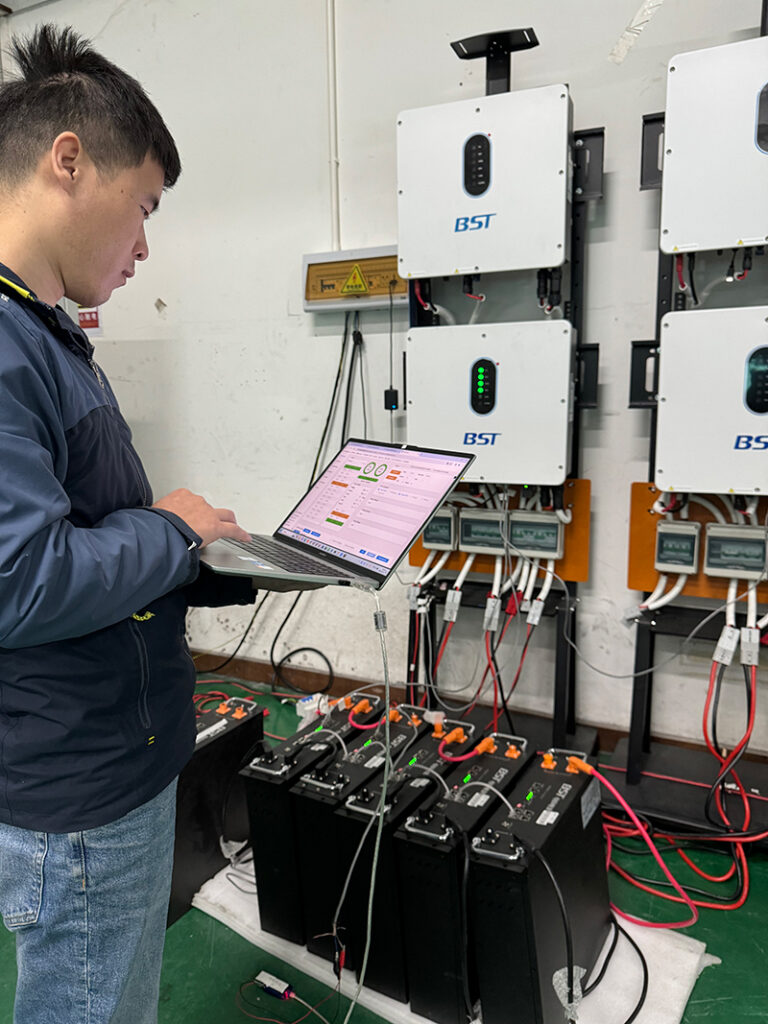
Lastly, you should avoid overloading the battery, and monitor for any signs of overheating in case the batteries lack proper ventilation. With all we’ve listed out, in no time, you should choose the right residential energy storage system to power your home.
